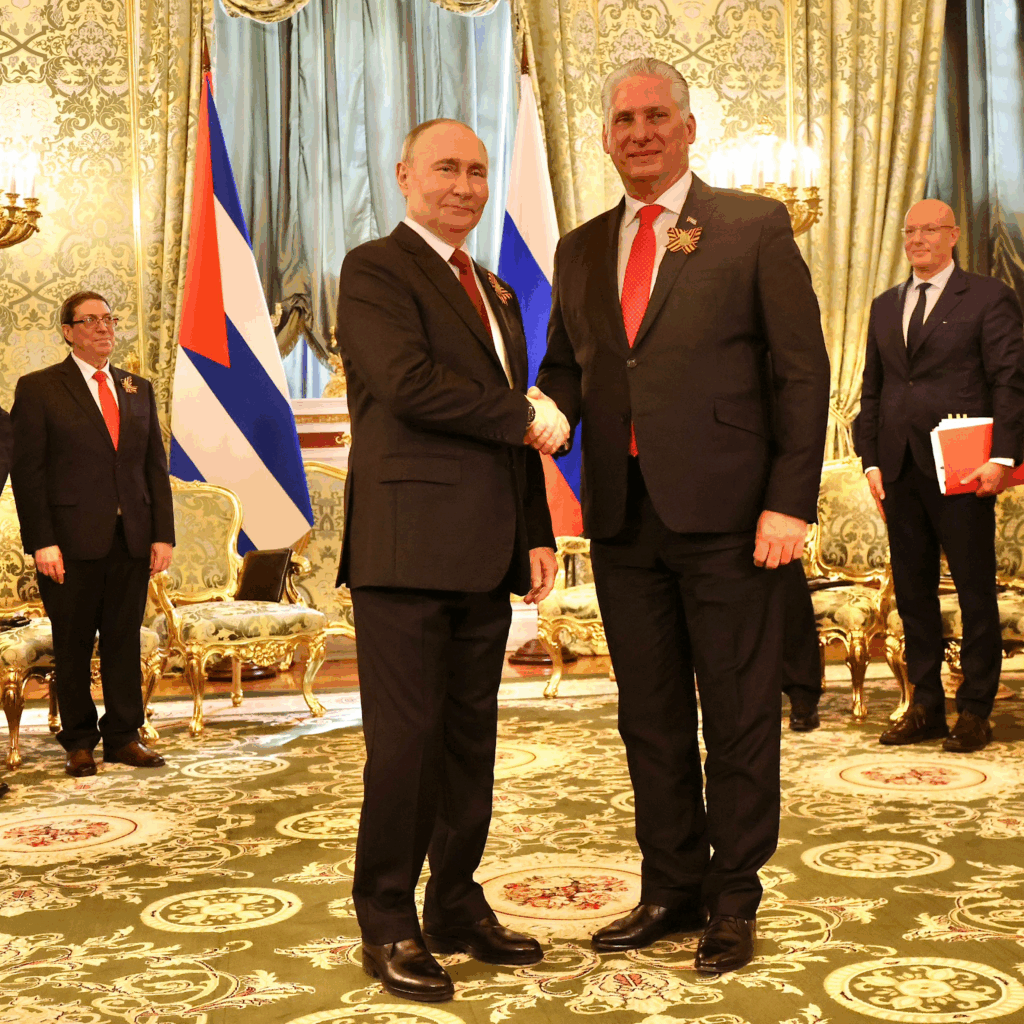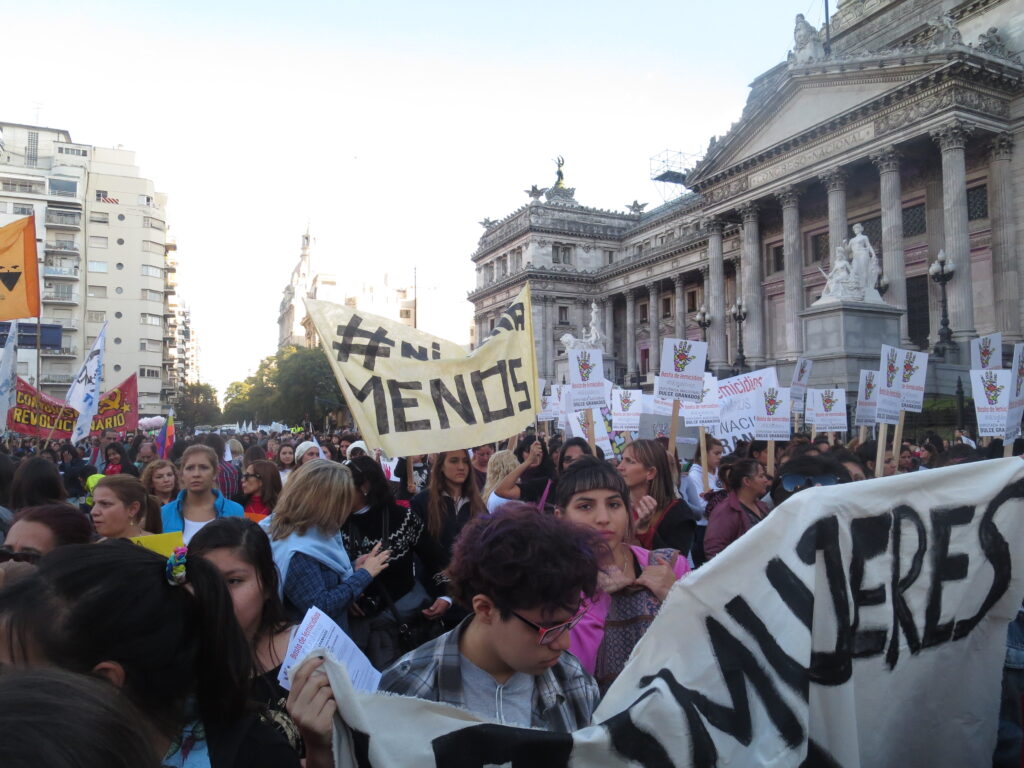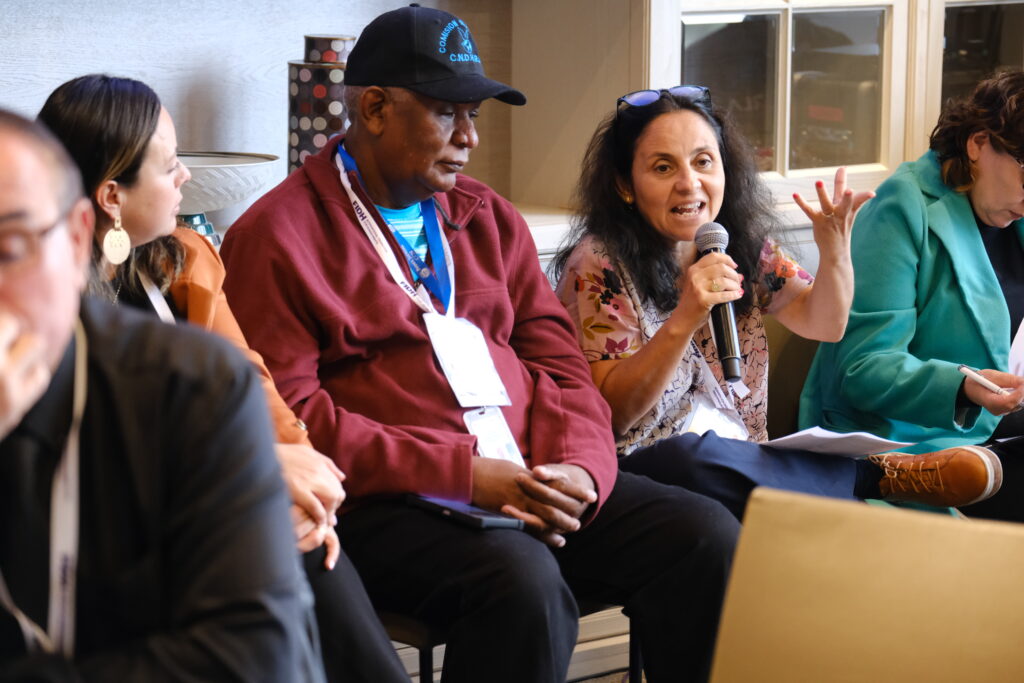For the 33rd year in a row, the United Nations General Assembly overwhelmingly demanded an end to the United States’ economic embargo against Cuba, a policy rooted in the early days of the Cuban Revolution. This annual vote has become a symbolic battleground, highlighting the enduring international disagreement over Washington’s approach to the island nation.
The embargo, solidified in 1960, effectively cuts off most trade between the two countries, restricting exports from the U.S. to Cuba and vice versa. While exceptions exist, the policy has profoundly shaped Cuba’s economic trajectory for over six decades, creating hardship and fueling resentment.
This year’s vote saw 165 nations supporting the resolution, with only seven dissenting. The United States stood alongside Hungary, Israel, Argentina, Paraguay, North Macedonia, and Ukraine in opposing the call for an end to the embargo. Twelve nations chose to abstain, signaling a nuanced position on the complex issue.

Interestingly, the margin of support for the resolution was slightly less decisive than in the previous year. A shift in international sentiment appears to be taking place, a change likely spurred by a recent, intensive diplomatic effort by the United States.
American diplomats were reportedly instructed to actively lobby against the resolution in dozens of countries, particularly in Europe and Latin America. The core of their argument centered on allegations of Cuban military support for Russia in the ongoing conflict in Ukraine, a claim that has ignited significant tension.
Cuban President Miguel Díaz-Canel has publicly expressed admiration for Vladimir Putin and placed blame for the war in Ukraine on the U.S. and NATO. However, the Cuban government vehemently denies any direct military involvement in the conflict, dismissing the accusations as unfounded.
Adding another layer to the controversy, Cuba’s Foreign Ministry announced it is pursuing legal action against its own citizens allegedly fighting as mercenaries in Ukraine. Nine criminal cases have been opened, involving forty individuals accused of participating in the conflict for financial gain.
Ukraine estimates that as many as 20,000 Cubans may have been recruited by Russia to fight in the war, a figure the U.S. State Department believes is closer to 5,000. This discrepancy underscores the difficulty in verifying information amidst the fog of war and diplomatic maneuvering.
The escalating tensions were vividly on display during a heated exchange at the UN General Assembly. U.S. Ambassador Mike Waltz delivered a scathing critique of the Cuban government, labeling it an “illegitimate Communist regime” and demanding improvements in human rights and living conditions.
Cuban Foreign Minister Bruno Rodríguez Parrilla sharply interrupted Waltz, denouncing his remarks as “uncivilized, rude and gross.” The outburst underscored the deep-seated animosity and lack of trust between the two nations.
In a dramatic move coinciding with the UN vote, Ukraine announced the closure of its embassy in Havana and a downgrading of diplomatic ties with Cuba. Ukrainian officials accused Cuba of failing to address the recruitment of its citizens into the Russian military.
According to Ukraine’s Foreign Minister, Cuba’s “inaction” in preventing its citizens from joining the Russian war effort constitutes complicity in aggression. This decision marks a significant deterioration in relations between Kyiv and Havana, further complicating the geopolitical landscape.



